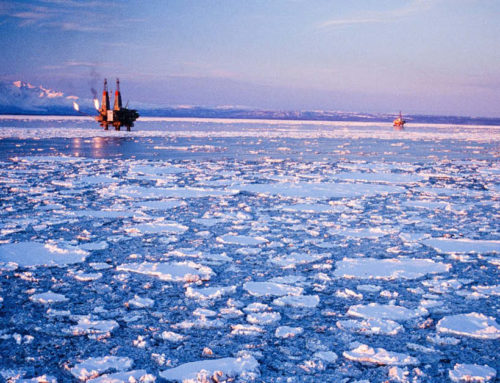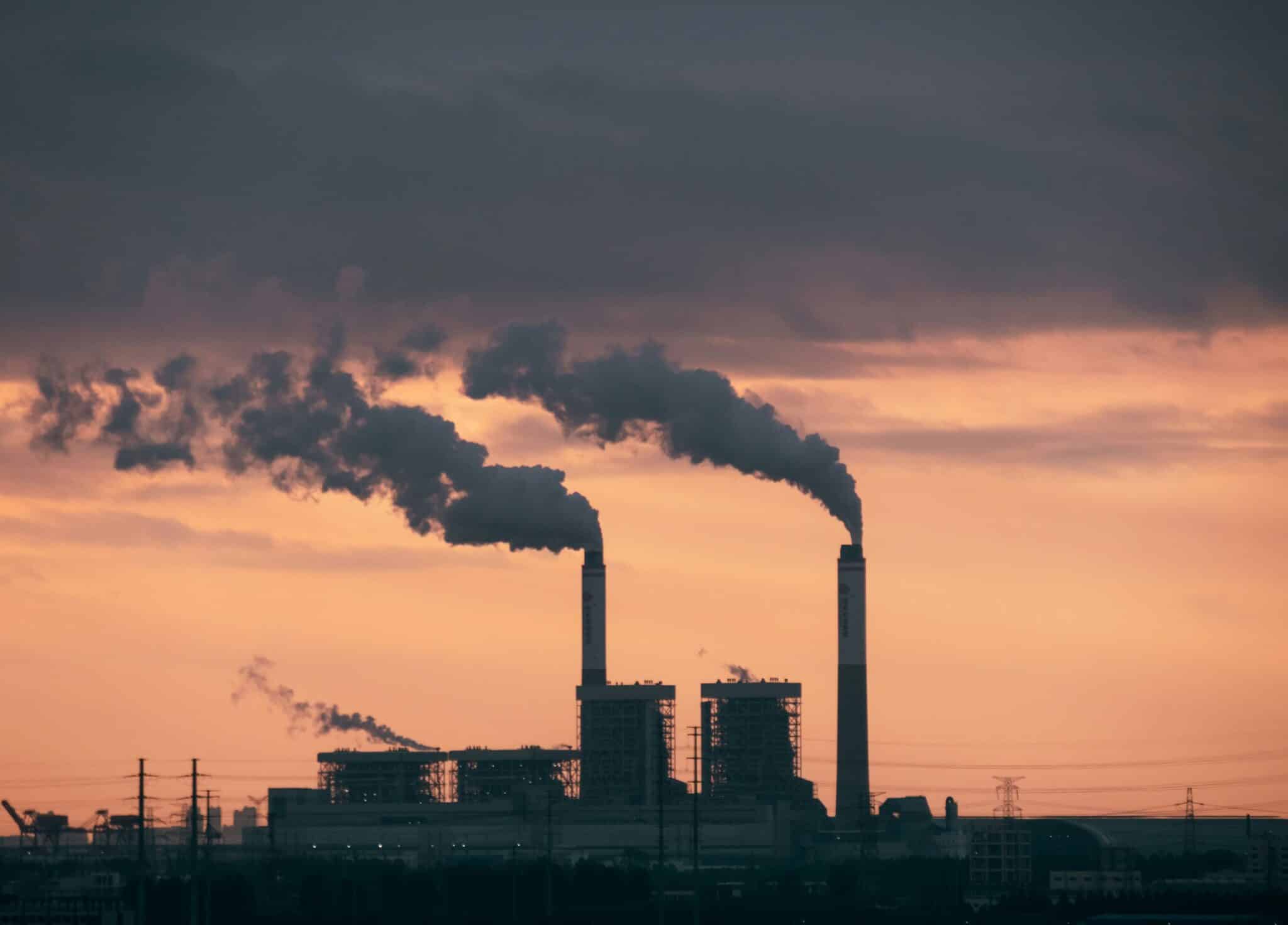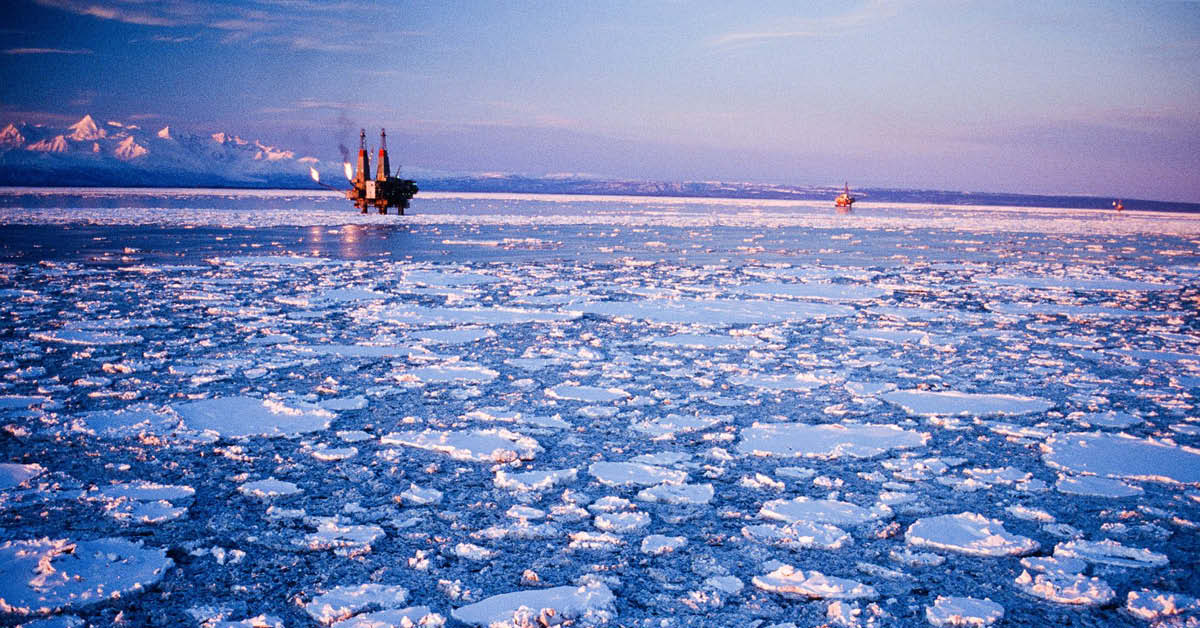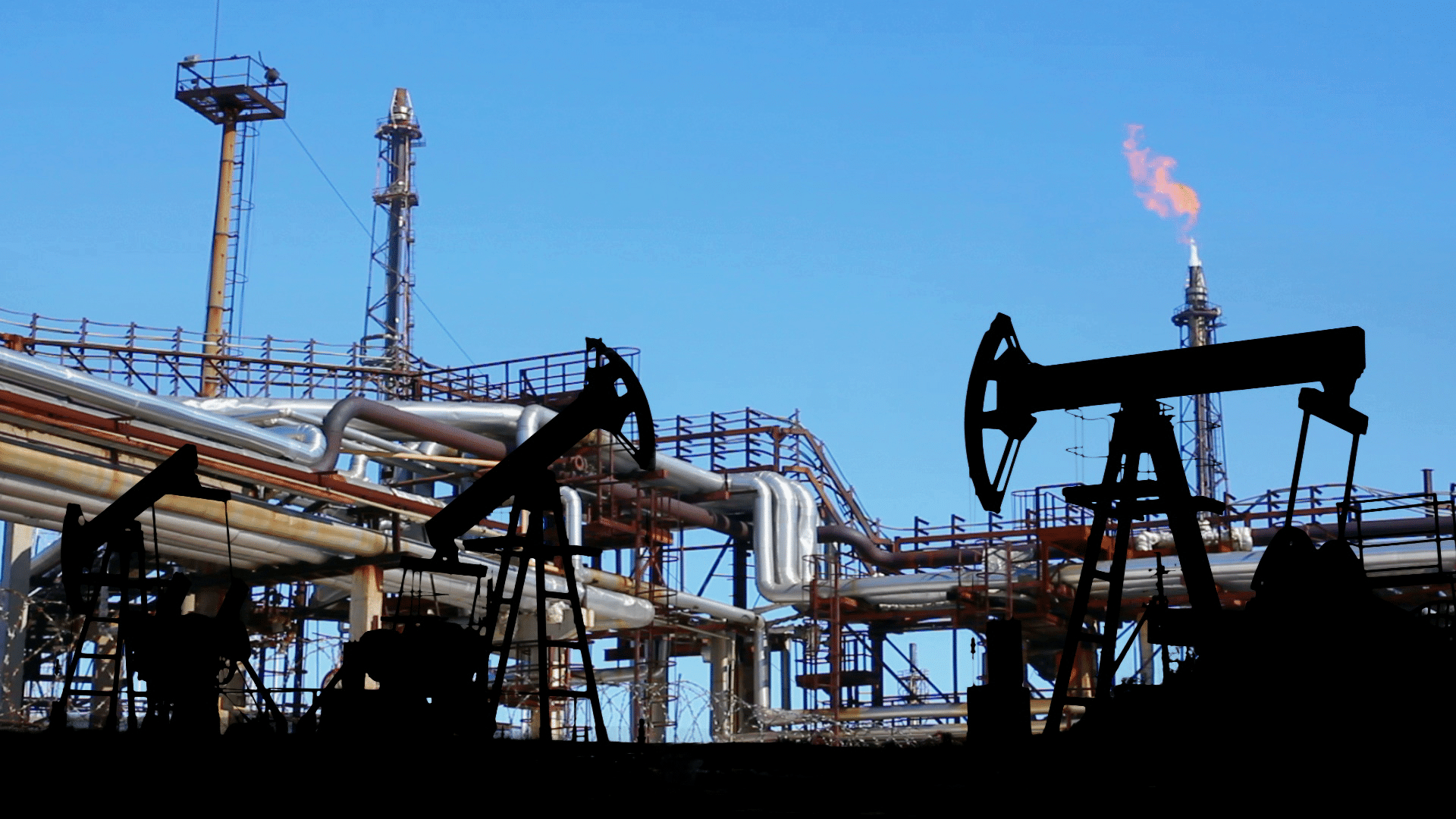If you make a mess, it's your responsibility to clean it up. This principle has worked its way from the kindergarten classroom into the law that dictates how our nation pays for the cleanup of toxic waste sites. Now the Bush Administration wants to change the rules of the game and have taxpayers pick up the tab.
President Bush's FY03 budget explicitly proposes that the Superfund tax not be renewed, thereby destroying the “polluter pays” principle upon which Superfund was based. The fee was created to generate cleanup funds from the oil, resource extraction, and chemical industries, which are most-often held responsible for toxic waste sites. In the case of the oil industry, special relief from liability was given in return. In 1995 Congress let the Superfund tax authorization expire and, as a result, this trust fund that protects taxpayers from shouldering the costs of toxic waste site cleanup has dwindled from it's 1996 high of $3.8 billion down to $28 million and is expected to be gone by 2004.
In 1994, when these corporations were still contributing to the trust fund, about 21 percent of the cleanup costs for Superfund sites was shouldered by taxpayers. Currently, taxpayers foot about 50 percent of the bill.
When the Superfund account hits zero, it means that taxpayers, not polluters, will pay the cost of cleanup for toxic waste sites. With barely half of the Superfund sites cleaned up, and even more expected to be added to the list, this means that taxpayers could foot the bill for tens of billions of dollars in cleanup costs. Since 1995, when the tax expired Superfund has lost out on $11.2 billion dollars.
In a feeble attempt to send a message to Congress that Superfund needs to be reformed, the Bush Administration is sending a message to industries to “don't worry, pollute all you want, we'll make taxpayers pay for the cleanup.” Unfortunately, with no money in the Superfund account, the most likely consequence is that toxic waste sites will not be cleaned up. Although more may be needed to fix the program, progress was made during the Clinton Administration with an increase in the number of cleanups taking place from 155 in the first 12 years of the program to 602 in the following 8 years. An average of more than 85 sites per year were cleaned up from 1997 through 2000. When President Bush took office in 2001 the number of cleanups dropped drastically to 47 and it is expected to be as low as 40 for this year and next.
In addition to protecting taxpayers from having to pay the cost of cleaning up industry's mess, the trust fund plays a crucial role in getting slow-moving polluters to accept their responsibility. The EPA has the option of performing the cleanup for them, and recouping three times the cost of the cleanup plus penalties. But, if the EPA has no funds available for cleanup costs, the polluter has no incentive to clean up their act.
It's no secret that the Superfund program has not been well managed. However, Congress should mend it, not end it. Most taxpayers teach their own children to clean up after their own mess. The same message needs to be sent to polluting industries. Let's follow in the footsteps of Presidents Ronald Reagan and George H.W. Bush and reauthorize the Superfund tax so that taxpayers don't get fleeced.










